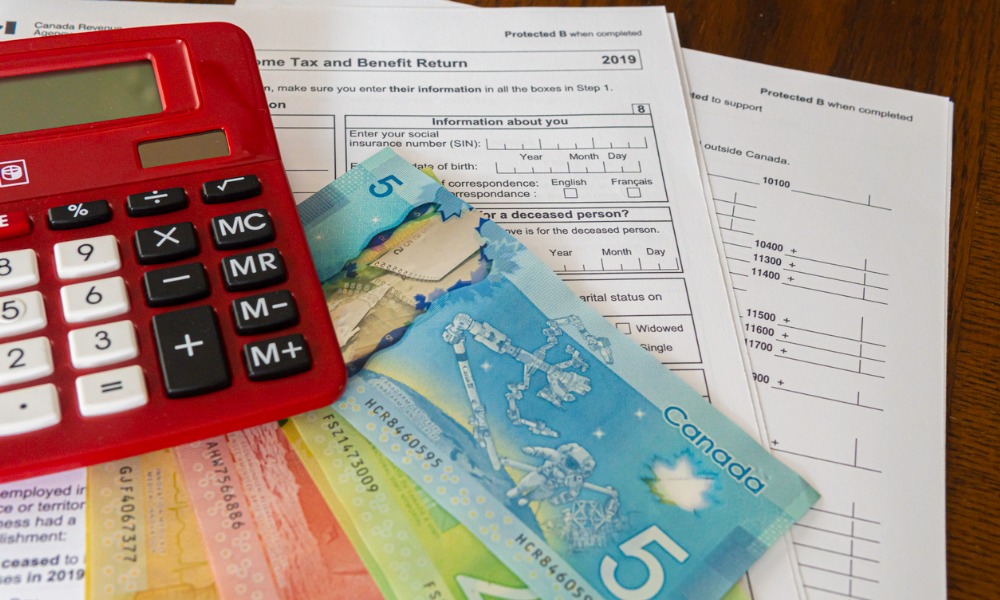Additional costs and a race against time for implementation are major headaches

Nobody likes paying tax do they? By that logic, everyone should be elated when Ottawa announces a two month break from paying the most prevalent taxes – GST/HST.
But while Canadian consumers may be celebrating potentially lower prices for holiday essentials including certain foods, gifts, and decorations, businesses are not happy due to the extra burden they say they will face to implement the temporary measure.
This week, the Canadian government tabled a bill in parliament that, if passed into legislation, will become the Tax Break for All Canadians Act, pausing the sales taxes on a range of goods and services including restaurant meals, beer, wine and cider, and Christmas trees.
The government says that a family spending $2,000 on qualifying goods, such as children’s clothing, shoes and toys, diapers, books, snacks for the house, or restaurant meals would pay $100 less GST over the two-month period. For those provinces with HST, consumers could save $260.
But the Canadian Federation of Independent Business polled 3,500 small businesses between November 26 and 27 and found widespread concerns about the plan.
“A majority of small firms oppose the planned GST/HST holiday – and this rises to 62% among those required to implement it," said Dan Kelly, CFIB president. "Only 4% of small business owners believe they will have stronger sales as a result, with 66% of respondents suggesting it will simply shift sales into the tax holiday period."
However, it’s not just the lack of additional sales that is behind the opposition as 75% of respondents expect costs of around $1000 to reprogram their point-of-sale systems for the tax holiday and then reinstate the tax when it ends on February 15, 2025.
Two thirds of businesses also said that there is not enough time to implement the change before its proposed start date of December 14, especially as many are busy with Black Friday/Cyber Monday sales.
Almost seven in ten respondents say it will be hard to determine which items will be tax-free and more than half are concerned that consumers who have already made purchases may return them for refunds and then buy them again in the tax-free period.
The CIFB points out that the proposed legislation won’t only impact retailers and hospitality firms, those who supply exempted goods will also have to account for that.
"Instead of a complicated, temporary tax holiday, small businesses would far rather government focus on permanent tax changes, such as cancelling the 19% increase in the carbon tax planned for April 1," Kelly added. "But if government proceeds with this plan, CFIB is calling on the Department of Finance to give affected small firms a credit of a minimum of $1000 in their GST/HST accounts to cover the administrative and programming costs."
The CFIB is also urging Ottawa to order the Canada Revenue Agency to forgive taxes owed, penalties and interests for any good faith errors made by small firms rushing to implement this change.



